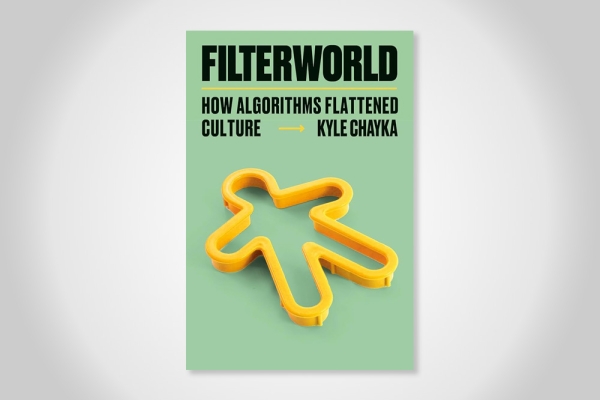As technology continues to advance at a rapid pace, the world of higher education is not immune to the effects of digitization. One of the latest trends that is starting to make waves in academia is the concept of “Filterworld.” But what exactly is Filterworld, and how will it impact higher education?
Filterworld refers to the idea that technology is increasingly being used to personalize and tailor the learning experience for each individual student. Rather than taking a one-size-fits-all approach to education, Filterworld aims to create a more customized learning environment that takes into account each student’s unique strengths, weaknesses, and learning preferences.
In practical terms, this means that students may receive personalized recommendations on which courses to take, what resources to use, and even how to study most effectively. Through the use of algorithms and data analytics, educational institutions can track students’ progress, identify areas where they may be struggling, and provide targeted interventions to help them succeed.
Proponents of Filterworld argue that this approach can lead to better learning outcomes, as students receive the support and resources they need to excel in their studies. By analyzing data from multiple sources, educators can gain a more holistic view of each student’s academic performance and tailor their interventions accordingly.
However, critics of Filterworld raise concerns about privacy and the potential for bias in the algorithms used to personalize the learning experience. They argue that the use of data analytics in education may lead to students being pigeonholed into certain tracks or discouraged from pursuing paths that may not fit the algorithm’s criteria for success. Additionally, there are worries about how data collected on students may be used in ways that violate their privacy rights.
Despite these concerns, it seems clear that Filterworld is here to stay in higher education. As technology becomes more integrated into every aspect of our lives, it is only natural that it will also be used to enhance the learning experience for students. The key will be to find a balance between personalization and privacy, ensuring that students receive the support they need to succeed without sacrificing their rights and autonomy.
In conclusion, Filterworld has the potential to revolutionize higher education by creating more personalized learning experiences for students. However, it is essential for educators and policymakers to carefully consider the ethical implications of this approach and to find ways to mitigate potential risks. By striking the right balance, Filterworld could be a powerful tool for improving learning outcomes and student success in the 21st century.



